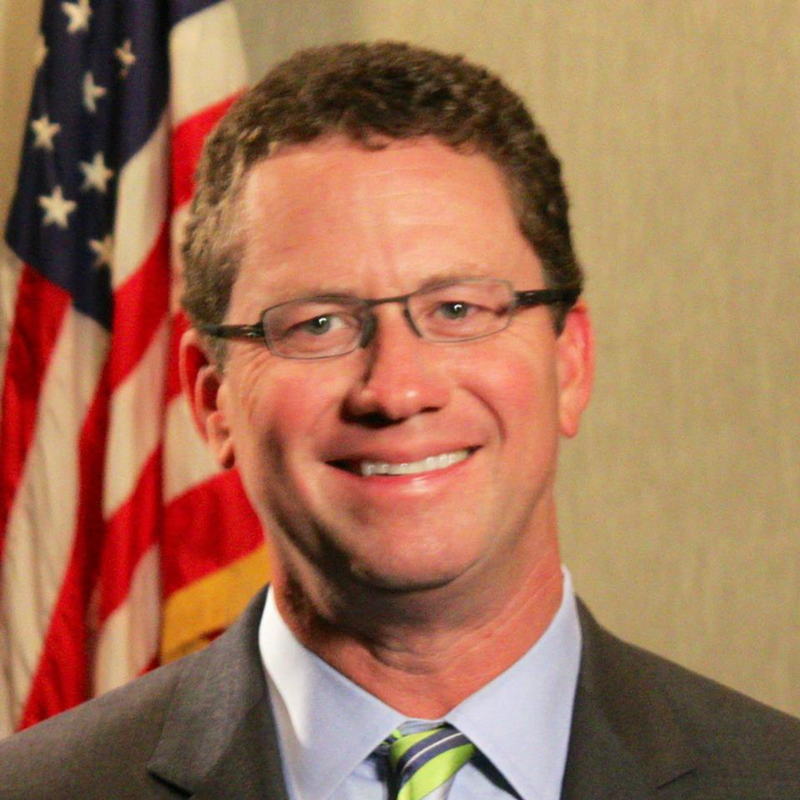The Hamilton County Board of Commissioners held a public meeting today to discuss options for balancing the stadium fund. Commissioner Todd Portune, the lone Democrat on the board, on Nov. 28
proposed a 0.25-percent sales tax hike
. At the meeting, Board President Greg Hartmann, a Republican, suggested reducing the property tax rollback by 50 percent for two years, but he said he was unsure which way he would vote.Portune also gave ideas for possible adjustments to his sales tax proposal. He said commissioners could “sunset” the sales tax hike, essentially putting an expiration date on the tax increase. He also would like to see the sales tax hike reviewed on a regular basis to ensure taxpayers aren't being burdened longer than necessary. The idea behind possible time limits for both proposals is new revenues, perhaps from an improving economy or Cincinnati's new casino, could make changes unnecessary in the long term.
If anything came from the meeting, it’s that none of the commissioners like the position they’re in. Commissioner Chris Monzel, a Republican, said he had been placed “between a rock and a hard place.” Hartmann echoed Monzel, saying it was an “unenviable position.” Despite being the one to propose the hike, Portune said, “We’re left with two options that none of us like at all.”
Commissioners mostly repeated previous arguments during most of the meeting. Hartmann continued saying he was unsure how he would vote, but he said the two options presented are the only options left. He called Portune's plan “bold.”
Portune claimed the sales tax hike was more equitable because it spreads out the tax burden to anyone who spends money in Hamilton County, including visitors from around the Tristate area. In contrast, eliminating or reducing the property tax rollback would place the burden of the stadium fund exclusively on residential property owners in Hamilton County.
The property tax rebate and sales taxes are both regressive, meaning they favor the wealthy more than the poor. In simple terms, as income goes down, spending on goods and services take bigger bites out of a person’s income. A sales tax makes that disproportionate burden even larger.
One analysis from The Cincinnati Enquirer
found
the wealthy made more money from the property tax rebate than they were taxed by the half-cent sales tax raise that was originally meant to support the stadium fund. Fora previous story covering the stadium fund
, Neil DeMause, a journalist who chronicled his 15-year investigation of stadium deals in his book Field of Schemes , told CityBeat the stadium fund’s problems stem from the county government making a “terrible deal” with the Reds and Bengals.Monzel said he will continue to try to find alternatives to raising taxes. On Nov. 28, Monzel told CityBeat he would rather keep the stadium fund balanced for one year with short-term cuts, including a cut on further investments in The Banks development, before raising taxes. In the long term, Monzel says commissioners could see if revenue from the new Horseshoe Casino and a possible deal involving the University of Cincinnati using Paul Brown Stadium would be enough to sustain the stadium fund.
The commissioners will vote on the proposals on Dec. 5.






